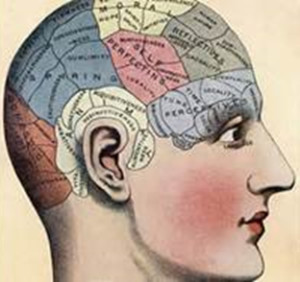
Hypnosis is a natural phenomenon, a modification of the state of consciousness similar to sleep, but physiologically different, characterized by an increase in the abilities to focus attention, concentration, and suggestion, accompanied by a pleasant sensation of tranquility and relaxation. .
Hypnosis does not occur against the will, the person does not lose control of himself, does not reveal secrets that he does not want to communicate and always maintains absolute awareness of what is happening around him. To experience hypnosis requires: cooperation, will, imagination and a certain level of intelligence.
HYPNOTIC STATE EXPERIENCE

One of the first sensations at the beginning of the hypnotic induction is a gradual experience of corporal relaxation, then it turns into a feeling of heaviness, at the same time it gives the impression of a slow passage of time. As this body relaxation generalizes, breathing becomes slower, more rhythmic and deeper, the heart rate and pulse also decrease.
The first characteristic physical signs at the beginning of the hypnotic trance is a continuous blinking, which tends to disappear as the hypnosis process progresses, then all muscle movement and signs of tension are extinguished.
The head tends to tilt forward or to the side as the neck muscles relax and no longer support the weight of the head. Usually most people close their eyes as a result of relaxation and hypnotic trance, although some keep their eyes open, dilated pupils, little blinking, and staring may be noted.
In a hypnotic trance, the person has the ability to answer questions, however the answers tend to be very brief, exhibiting some difficulty in articulating words, giving the impression that speaking requires great effort.
At first there is a constant flow of thoughts, later a great clarity in what is thought becomes more apparent. Depending on the depth of the hypnotic trance, a separation or disconnection from body consciousness may be experienced, for example, the person may be raising their hand and not being aware of it.
HOW HYPNOSIS WORKS

There are several theories that try to explain how hypnosis occurs and how it works, however, all of them only reach a common agreement; in the fact that clinical research shows its effectiveness in a wide variety of conditions and that such effectiveness is due to the fact that hypnosis allows direct communication with the subconscious mind.
The mind, in its complex functioning, presents two large areas;
- The conscious mind, through it we examine reality, puts us in contact with the world around us through the senses, we become aware of the here and now and allows us to be logical, critical and analytical.
- The subconscious mind allows us to have control of everything that we are not aware of, it allows us to lead a less complicated life creating automatic programs that work without having to stop to think, without having to direct our conscious attention to every detail of our behavior, for example; When walking we do not have to stop to examine which muscles to activate to advance the right or left leg, in what position the arms should be, or where to locate our body center of gravity that allows us to walk correctly.
We already have an established automatic program that decides all those details and allows us to initiate and carry out uninterrupted, fast and efficient courses of action.
Only hypnosis allows us to communicate directly with the subconscious mind and thus be able to influence the desired changes: In our automatic behaviors, in harmful emotions, in fears, anxieties, irrational thoughts, in the use of the power of imagination to achieve your goals, in modifying the sensation of pain and in the use of beneficial suggestions for your health and well-being.
